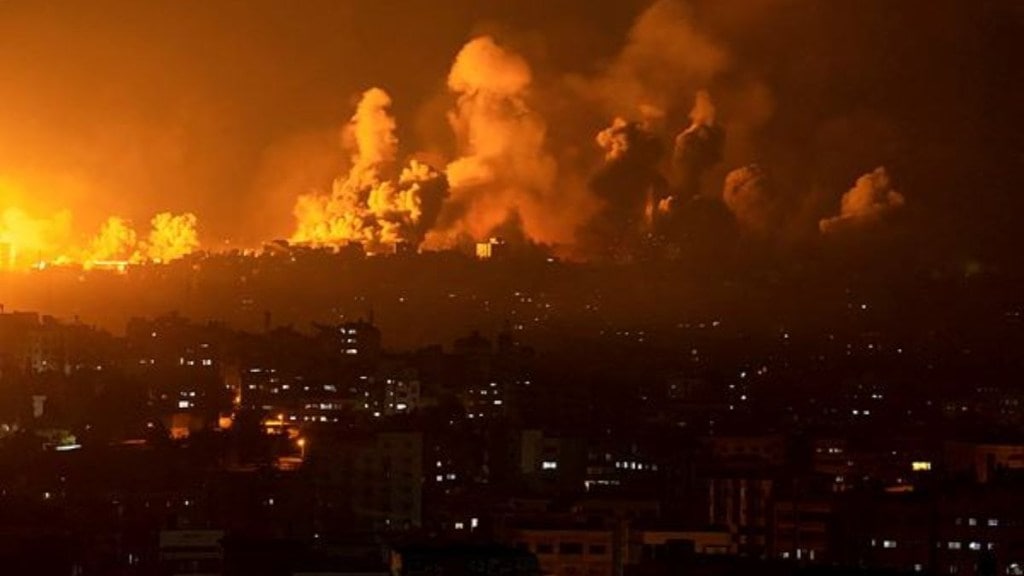The dogs of war could end up mauling the fragile recovery of the global economy in the post-pandemic era. The world isn’t done dealing with the fallout of Russia’s war against Ukraine, and now, the war in West Asia—following Palestinian militant outfit Hamas’s worst ever attacks on Israel in decades—threatens to worsen the pains. The attacks have been called Israel’s 9/11 moment, not just for their horrifying scale but also the baffling failure of intelligence that allowed it to happen. Those touted as the custodians of security in the region, Israel and the US included, will have to do a lot of introspection. There are portents of the conflict spilling over, with Iran having hailed the Hamas attacks and the Lebanese Hezbollah having sent out a veiled warning to the Arab powers against “seeking any normalisation with this enemy (Israel)”, in an oblique reference to the recent nascent thaw in Saudi-Israeli relations, mediated by the US. Against such a backdrop, it is hard to say how long the war will rage.
The “kneejerk” hike in oil prices may not just yet be a barometric indication, but they surely signal that the market is tense about the possible repercussions of Iran—Hamas’s chief supporter—being drawn in. Already, US lawmakers are doubling down on a bipartisan call to tighten sanctions against Iran, especially its oil exports, even as president Joe Biden seeks re-election later this year amid persistent inflation concerns. Global crude supplies have been suffering because of Russia’s war on Ukraine and the consequent sanctions against Moscow’s oil exports imposed by the West. Add to this the likelihood of Iran shutting down the Srait of Hormuz, a key passage for most of the world’s crude, if there are any measures against its alleged involvement. No wonder then that, while prices eased a bit last week, many analysts are bracing for a sharp climb over the next few weeks.
The pall over global trade is also not something that can be ignored. The International Monetary Fund foresees a sharp slowing of trade in the current year and in the coming year as well. With a major importer like Israel—its oil trade with India rose three times in FY23 compared with the performance the year earlier—engaged in a deadly war, the outcomes for global trade certainly won’t be benign. With supply chain disruptions thrown in, from diamonds to defence equipment, global economic activity is sure to suffer if there is a prolonged war. The likelihood of progress on reform of multilateral development banks (MDBs), which is to be taken up at the meeting of G20 finance ministers and central bank governors in Marrakech on October 12-13, is sure to get dimmer, with the heightened global tensions making negotiations all the more difficult.
The world needs to be steered away from conflict, but with simmering tensions between leading economies and war in Europe and West Asia (two economically significant regions), this seems a tall ask. So, even as global leaders endorse India’s call that “this is not a time for war”, they need to take more serious steps to de-escalate the brewing conflict in and over West Asia. Else, the G20 summit agreement that all states must “uphold the principles of international law including territorial integrity and sovereignty, international humanitarian law, and the multilateral system that safeguards peace and stability” will ring hollow, even as economic pain at such a critical time gets exacerbated.
